An interlude in a Sotho Praise-Poem from Lesotho. The poem is addressed to Nathaniel Makotoko, one of the Sotho’s most famous military commanders.
The armies left the Great Place in full strength:
And when we arrived at the place of Lesaoana…
Oral Poetry from Africa
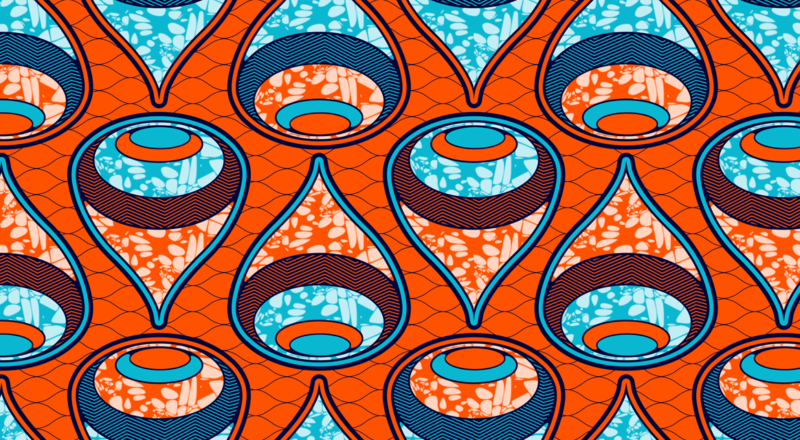
Filed Under: Pleasure Poems
An interlude in a Sotho Praise-Poem from Lesotho. The poem is addressed to Nathaniel Makotoko, one of the Sotho’s most famous military commanders.
The armies left the Great Place in full strength:
And when we arrived at the place of Lesaoana…
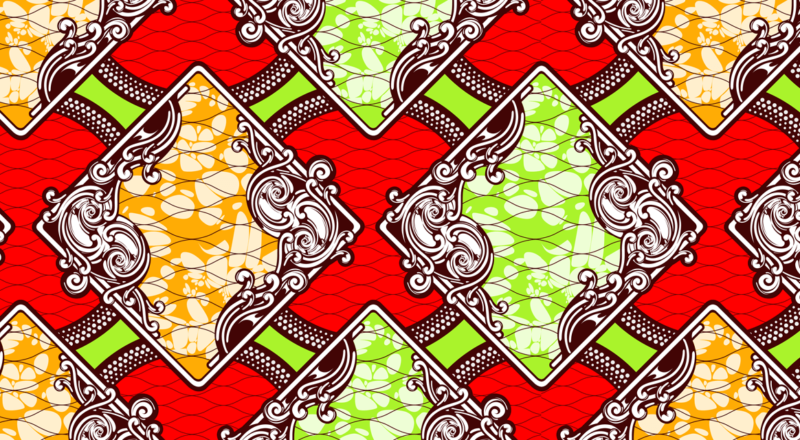
Filed Under: Poems of Gods & Ancestors
Shango, or Ṣàngó, was the third Alafin (king) of the Oyo kingdom. He was deified after his death and is one of the most popular Òrìṣàs across the Caribbean and the Americas. These praises are sung by devotees of Ṣàngó and emphasise the daily duty of paying respect to the Òrìṣà.
When the elephant wakes in the morning,
he must pay his respects to his new wife…
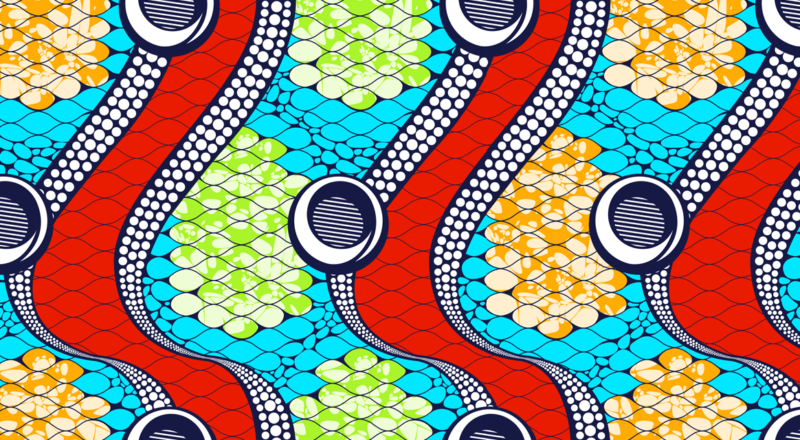
Filed Under: Pleasure Poems
This song was recorded by Romanus N. Egudu (n.d.) in the Udi Division of Igboland, Nigeria. The song is a pleasant game with words, but it can be taken in different ways. The boy has lost his pet rat. Everyone knows where the rat is. Is the problem that they daren’t approach the leopard’s house? Or is it implied that the leopard has eaten them all?
The boy was looking for his rat.
Nda
His rat was hiding in leopards’s house…
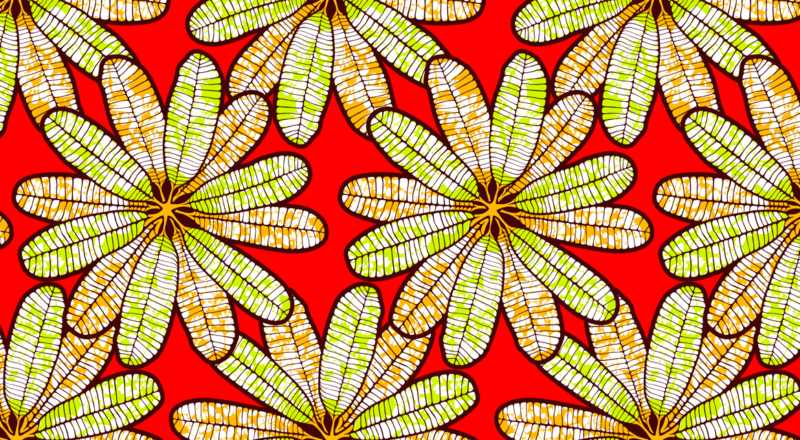
Filed Under: Survival Poems
A Shona poem from Zimbabwe, sung by men hunting game in the bush. The names mentioned are all places, where different types of game are found.
Come on, men, let’s go hunting with the dogs,
Our dogs of Murewa, it’s their lucky day!..
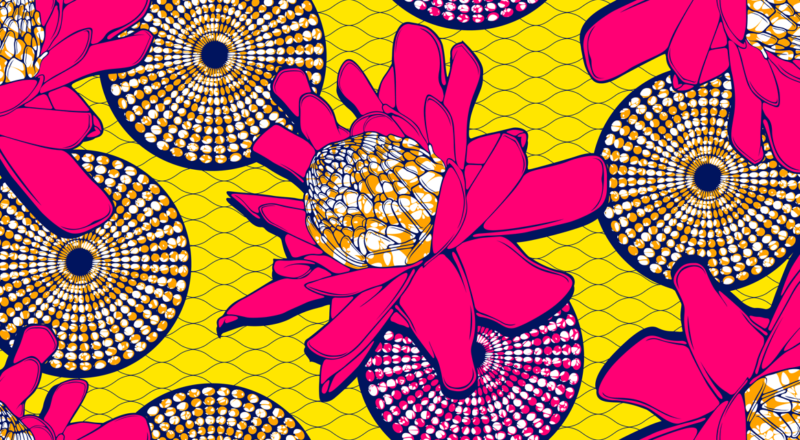
Filed Under: Poems of Gods & Ancestors
A Ga chant from Ghana. On the eighth day after a child is born, the relatives and friends gather for the ‘out-dooring’ ceremony. Very early in the morning, the baby is brought outside for the first time. An old person takes the baby in his or her arms and raises it to the dew three times. He then chants this prayer, to which everyone present responds Yao, meaning ‘Amen’.
Hail, hail, hail, let happiness come: Yao.
Are our voices one? Yao…
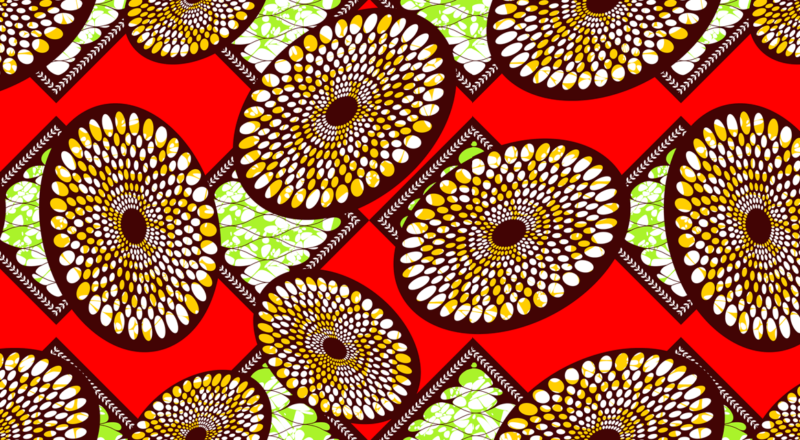
Filed Under: Poems of Gods & Ancestors
An Igbo prayer from eastern Nigeria. The names invoked, Agu, Okaibe, Ogbaugu and Ezenna, are the elder’s ancestors, to whom the kola nuts and the prayer are being offered.
Agu, my father, come:
Take kola and chew…

This site opens a window on something that will be new to most people, namely, the vast amount of superb poetry hidden away in the 3000 different languages spoken in Africa … More